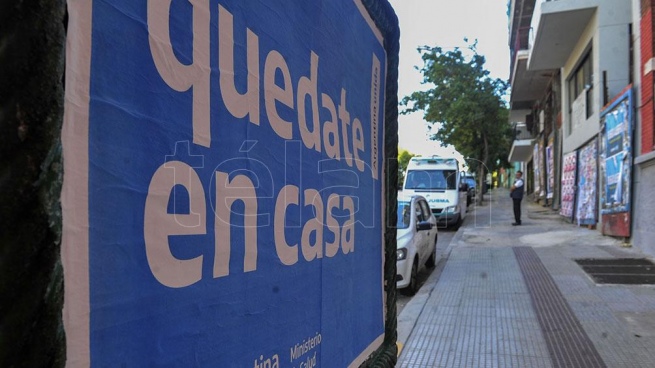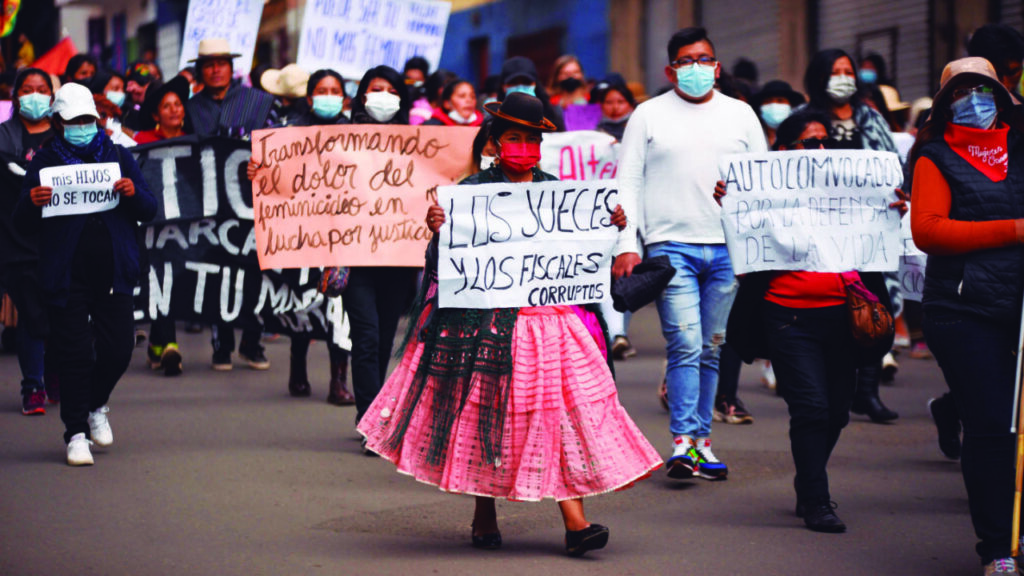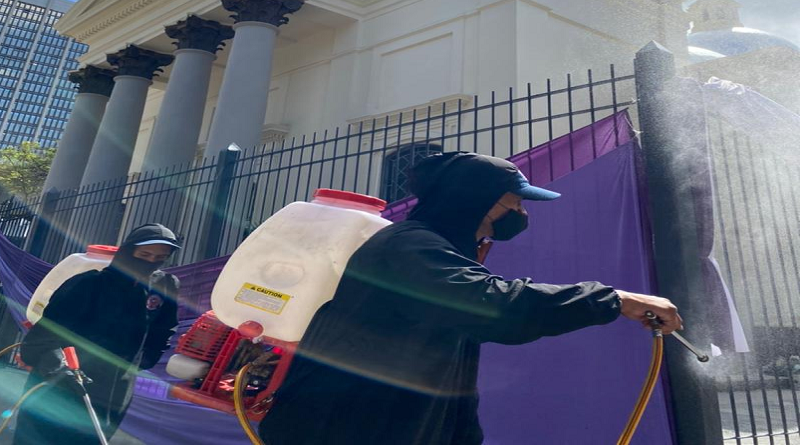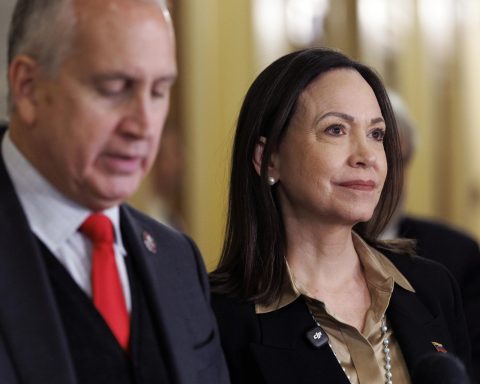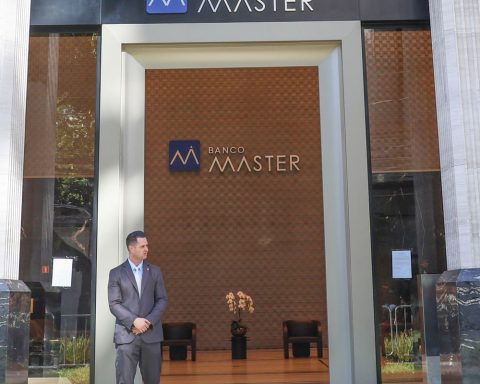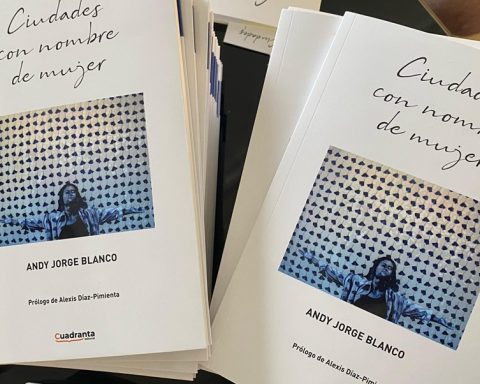The Federal Chamber of Criminal Cassation ratified the resolution that sentenced a man on trial for violating the mandatory isolation decreed during the coronavirus pandemic to repair his conduct by donating milk to a picnic area, it emerged in court.
Chamber III of the court rejected by majority the appeal of the prosecution against the measure that, at the request of the accused himself, DB, ordered the federal justice of Bahía Blanca, which, due to the “possible damage”, imposed the donation of 20 liters of milk per month, for four consecutive months, to the picnic area of the Club Estudiantes Ferroviario Miter.
to DB Article 205 of the Penal Code was applied to him because on March 21 and 22, 2020, Shortly after the Decree of the National Executive Power (PEN) 297/20 was issued, which was intended to prevent the spread of Covid-19, would have violated the preventive and compulsory social isolation (ASPO) by driving a car on public roads in the Buenos Aires town of Coronel Suárez, being arrested on both occasions.
In the first instance The possibility of repairing the “possible damage” was granted to him because it was considered that “the facts in question occurred without violence” and “without contagion having been verified as a result of his circulation on public roads”, a decision that was appealed by the intervening prosecutor.
For chamberlains Eduardo Riggi and Mariano Borinsky, the contested resolution, which they understood as “useful and proportionate the offer made” by the defendant’s defense, “is reasonably supported and has the necessary and sufficient legal foundations.”
The defense had argued that “for reasons of coexistence”, DB moved at the beginning of the quarantine between the homes of his parents.
“Taking into account the nature, nature and characteristics of the conduct foisted on the defendant, which certainly did not represent even minimal potential damage and shortly after Decree 297/2020 was published in the Official Gazette, the resolution becomes correct and it is a reasonable application of the law to the specific case”, they pointed out.
In dissidence, chamberlain Juan Carlos Gemignani considered that the fiscal appeal should be admitted and a hearing should be set to begin its procedural process.
